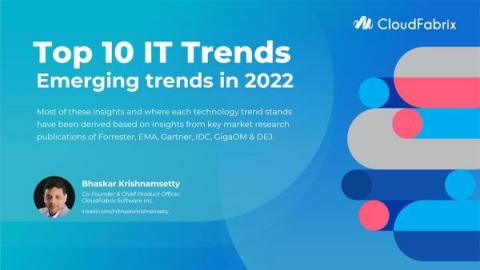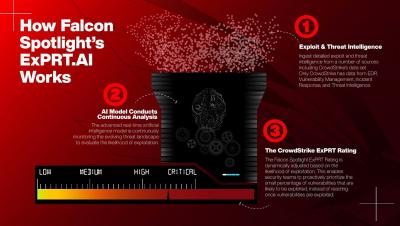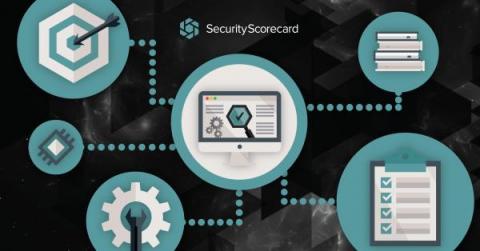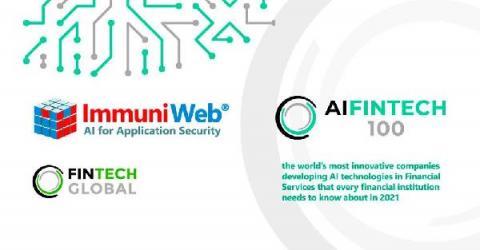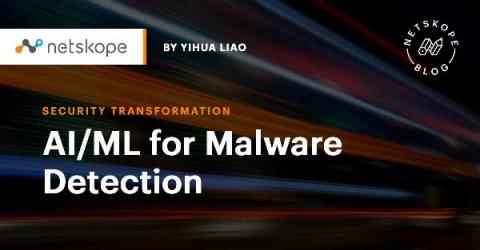Security | Threat Detection | Cyberattacks | DevSecOps | Compliance
AI
MSP: What role does AI play in cybersecurity?
Artificial intelligence (AI) is playing an increasingly important role in cybersecurity. This is confirmed by a recent Pulse survey of 191 senior executives from companies on four continents: two out of three organizations (68%) say they are using tools that use AI technologies and among those who are not yet using AI, 67% are considering adopting it.
6 Ways Biotechs Can Use AI, Automation to Maximize Data at Scale
For years, biotechs have been hampered by the administrative burden of seemingly endless amounts of diverse, siloed data, slow data ingestion, and security threats coming from internal and external sources. And yet, the life sciences industry continues to see double-digit growth. It’s now worth $285 billion a year, with no signs of slowing down.
How to Use Falcon Spotlight's ExPRT.AI
Leveraging Artificial Intelligence for Impactful Cybersecurity
Artificial intelligence (AI) is reinventing the trajectory of cybersecurity and fighting with a double-edged sword. If harnessed correctly, AI can automatically generate alerts for emerging threats, detect new types of malware, and protect sensitive data. While it has advanced us into a plethora of new technologies -- think Siri, facial recognition, and Google’s search engine -- it has also probed us with significant threats from cybercriminals.
ImmuniWeb Named to 2021 AIFinTech100 List
AI/ML for Malware Detection
Malware detection is an important part of the Netskope Security Cloud platform, complete with a secure access service edge (SASE) architecture, that we provide to our customers. Malware is malicious software that is designed to harm or exploit devices and computer systems. Various types of malware, such as viruses, worms, Trojan horses, ransomware, and spyware, remain a serious problem for corporations and government agencies.
Four Industries That Will Be Disrupted by AI in 2021
With the never-ending potential of technology to disrupt everyday processes, more and more industries are deciding to adapt to one exciting area of innovation today: artificial intelligence (AI). In fact, Global Industry Analysts Inc. predicts that AI will be worth 164.03 billion GBP by 2026, and here, we look at four industries set to be disrupted by AI. Since the healthcare sector collects and greatly depends on personal data from their patients, AI will play a crucial role in data management.
AI everywhere: How AI is being applied in 4 different fields
Image Source: Pexels This blog was written by an independent guest blogger. Historically, the idea of artificial intelligence (AI) saturating our world has been met with suspicion. Indeed, it’s one of the more popular tropes of science fiction — learning machines gain sentience that helps them take over the planet.
How data poisoning is used to trick fraud detection algorithms on ecommerce sites
Artificial intelligence (AI) and machine learning (ML) systems have become the norm for using client data to provide recommendations to customers. As more people are working from home and conducting business online, it is imperative that fraud detection software is used to protect user information. But these protective systems also utilize ML to automate the process and understand when a potential attack is taking place.


